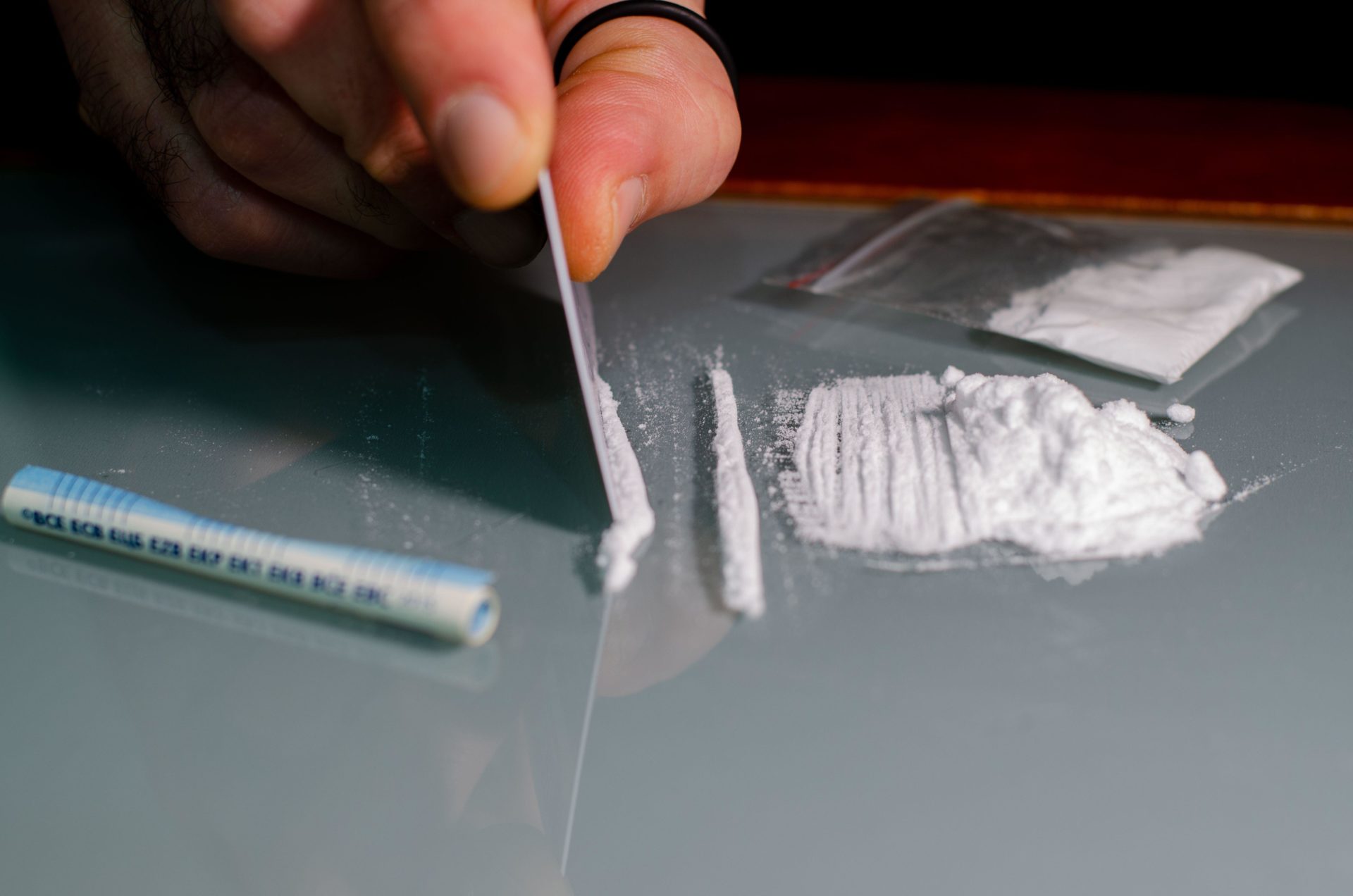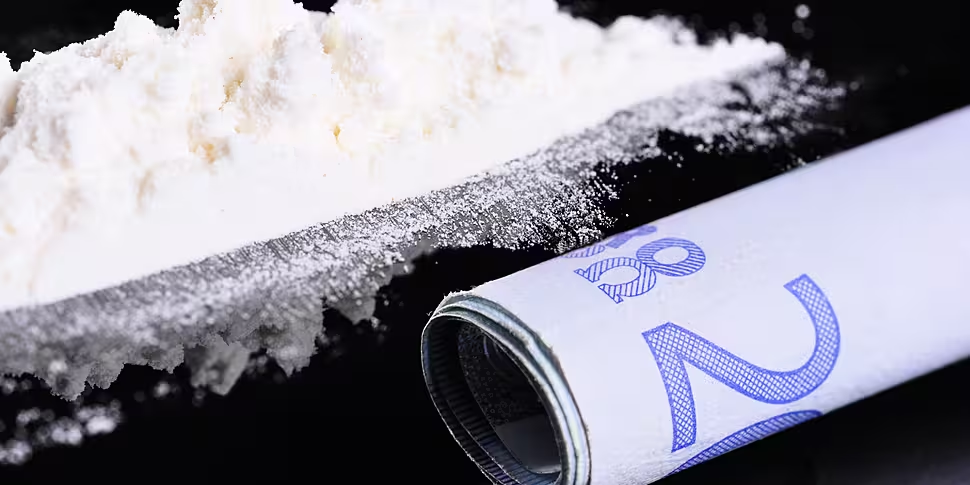The common pairing of cocaine and alcohol has been described as a "dangerous and potent" combination by a leading addiction specialist.
Head of Addiction Services at St John of God Hospital, Dr Colin O’Gara, said it was “the single most important issue” with cocaine use in Ireland.
It comes as Ireland was found to have the highest levels of cocaine use in the European Union, and the fourth highest in the world.
On The Pat Kenny Show today, Dr O’Gara said alcohol could be considered as the number one gateway drug in Ireland.
“The concurrent use of alcohol with cocaine is probably the single most important issue in terms of cocaine use,” he said.
“Cannabis for a long time has been thought to be a gateway drug but from our clinical services, we have found alcohol is definitely the single most important gateway drug.
“What I would mean by that if someone drinks a certain amount, they are much more likely to seek out cocaine -and because cocaine is so widely available in pubs, they go hand in hand.”
Dangerous combination
Dr O’Gara said the “dangerous and potent” combination is leading to “people drinking longer and using more cocaine as a result”.
“If someone went into a pub and had eight pints, the sedation effects of the alcohol would kick in and the individual would be in the corner maybe slurring or being unstable on the seat,” he said.
“Generally, we are talking about a messy presentation.
“What our experience has told us is that cocaine is playing a role in pubs to put people back on their feet and enable them to drink more alcohol.”
 Lines of cocaine are being divided. Image: Riccardo Ceccherini / Alamy Stock Photo
Lines of cocaine are being divided. Image: Riccardo Ceccherini / Alamy Stock PhotoPhysical symptoms of cocaine use on the nose include a collapsed septum, agitation and persistent sniffling, according to Dr O’Gara.
He also said it puts huge pressure on the cardiovascular system.
“One of the big effects on young people, unfortunately, is a stroke or a hemorrhagic stroke,” said Dr O’Gara.
“The blood pressure increases to such an extent that it leads to a shattering of one of the blood vessels in the brain which can be catastrophic.
“If someone is in their 50s or 60s, and I do unfortunately have a great deal of patients that age, the increase in blood pressure is really bad if you have a pre-existing cardiac disease.”
Mental effects
Dr O’Hara said mental side effects include depression and psychosis.
“What goes up must go down,” he said.
“Psychosis is a big issue as cocaine releases dopamine within the brain – it can lead to increasing paranoia over time too.
“We see this with the use of crack cocaine in particular that, whilst intoxicated, paranoia increases dramatically.
“In the worst-case scenario, it leaves the need for anti-psychotic drugs or admission into an inpatient psychiatric unit when there are difficulties with delusions and hallucinations.”
Dr O’Hara said it’s important not to stigmatise people with an addiction.
“We have a duty to care for people who run into difficulties with addiction and you will find in a lot of these individuals there is a backdrop of loneliness and mental health issues.”
He added that the Government's approach to tackling addiction and cocaine use must be “health-led”.
Main image: Cocaine and a note. Image: Zoonar GmbH / Alamy Stock Photo









